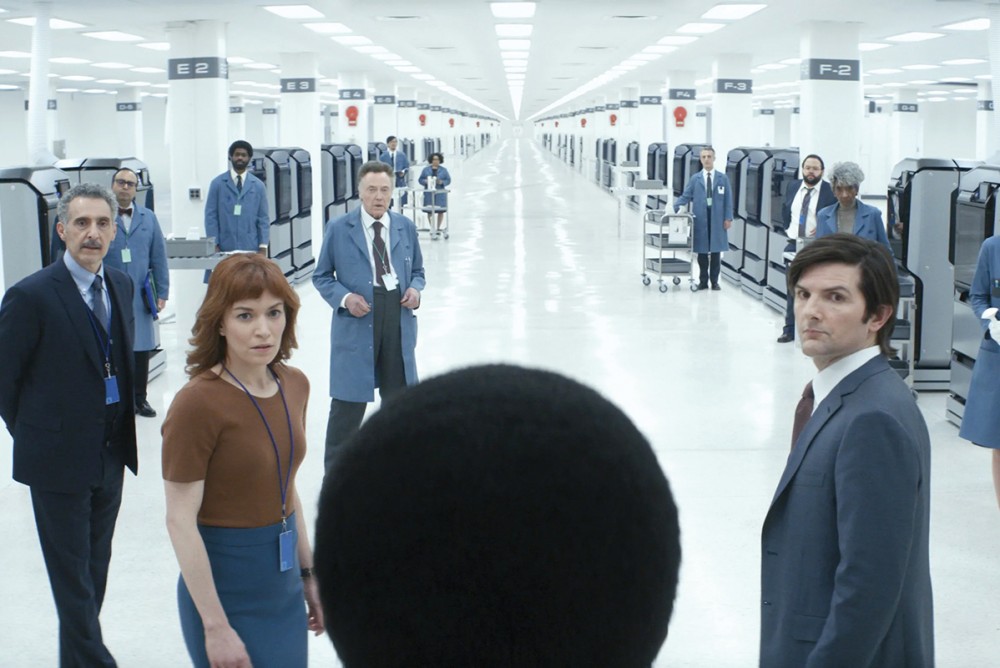When work-life balance turns sinister
The fantasy of Severance is that we can avoid facing the moral peril of the structures we inhabit.

I knew the Great Resignation and growing unease with the conditions of work were finally making their way into pop culture when this summer’s blockbuster action flicks Thor: Love and Thunder and Bullet Train both opened with crises of work-life balance. If superheroes and globe-trotting hired assassins are finally feeling the pain, we might be at a moment of cultural reckoning. But my favorite exploration of this ubiquitous crisis is in the dystopian TV series Severance, created by Dan Erickson on Apple TV+. Severance doesn’t offer much hope, but it is a smart, captivating account of our growing pervasive unease with the structures and demands of work.
A mysterious company, Lumon, has perfected a technology that allows select employees to undergo a “severance procedure” that separates their working from their nonworking consciousness. Upon passing an invisible boundary, the employee forgets everything about life outside of work, and vice versa when they leave for the day. The company touts this as the next level of corporate security—employees can’t spill secrets they don’t even remember. And some employees are drawn to the procedure as a way to escape their real lives, hoping to find peace in eight hours of forgetfulness each day. Such is the case of the protagonist, Mark (Adam Scott), who undergoes severance to escape his crippling grief over his wife’s death.
Rather than turn this into a mere gimmick where we, as viewers, get to see all that is lost (or gained) in the transitions between severed sides of life, the show instead allows us to enter the same strange and disorienting reality Mark experiences each day. Like Mark himself, we don’t know what work he actually does for Lumon, or even what Lumon as a company does. Far from being a futuristic haven of cutting-edge technology, the Lumon campus looks and feels like a semi-deserted corporate experiment from decades ago—all concrete and fluorescent lighting, mostly empty parking lots, and sad cubicles with outdated computer modules. The employees on the severed floor have almost no contact with anyone else at the company, and they can only speculate as to what their work means or whether it correlates to something in the real world. Their workplace is strictly regimented and controlled with elaborate company lore and corporate reward and punishment tactics that turn increasingly cultish and bizarre. It all makes the mundane dreariness of corporate workplace culture feel like the setup for a horror movie.




